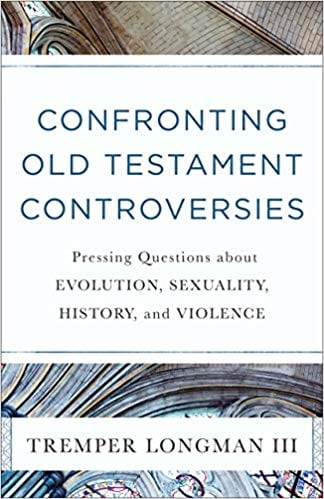Here, and in subsequent posts is a running dialogue between me and Tremper Longman. As you will see, his book prompts excellent reflection and pondering. Enjoy. BW3
—-
Q. OT scholars have a much more difficult task than NT scholars, in my judgment, in getting at the meaning of OT texts, and the process by which they came to be formed, sometimes over many years and even centuries. In your dealing with the OT how important is it to try and understand a text in its original context (e.g. something like the ten commandments in Exodus) and how much must we resign ourselves to understanding the meaning in its final canonical form, where the material is reused, sometimes for different purposes, it would seem?
A. Good question. And a complex one. First, I think that it is true that virtually every Old Testament book has a history of composition. They weren’t all written by one person at one time. But earlier forms of a biblical book are not canonical for us. The final form is. Thus, I think it is important to read the final form as what is Scripture to us. I do believe that Old Testament books should first be read in their discrete Old Testament context. But I also then think that as Christians we ought to read the Old Testament in the light of the full canon. Jesus himself said that the whole Hebrew Bible anticipates his coming and so we ought to read the Old Testament in the light of the fuller revelation of the New Testament.












